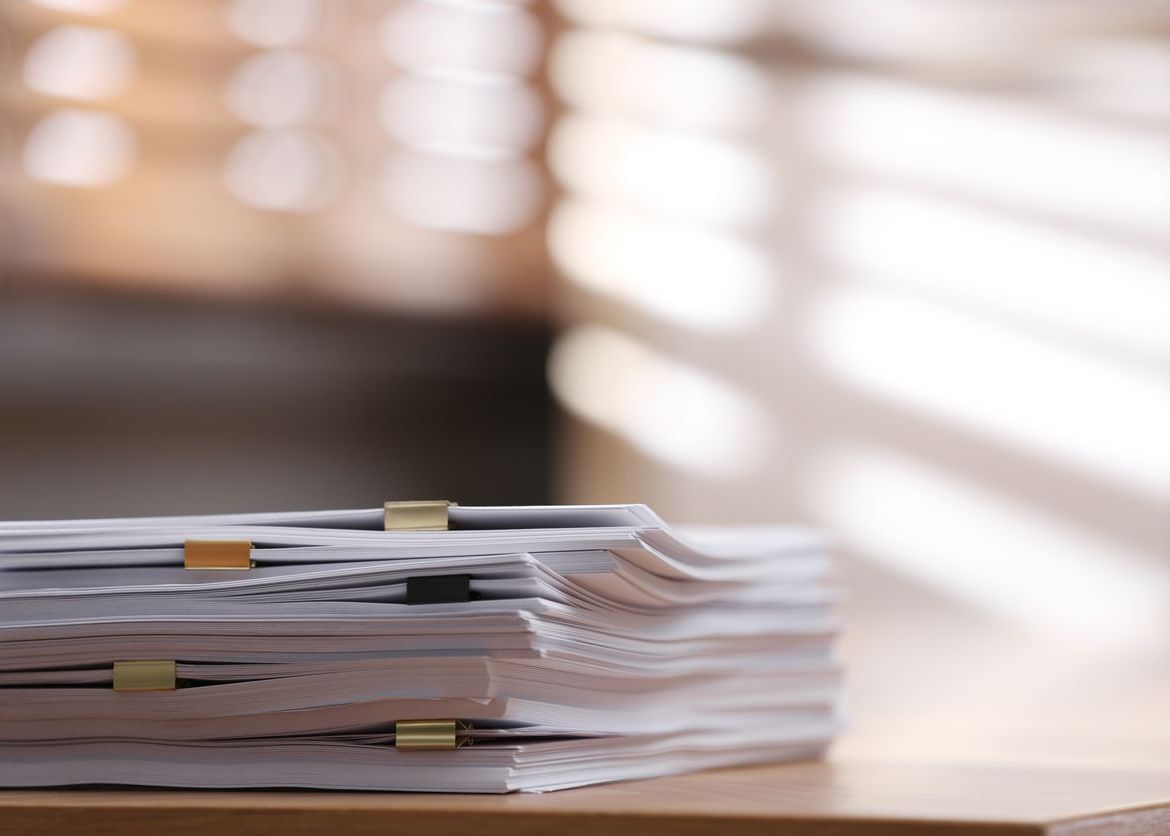Essential Documents for Emergency Preparedness
Unforeseen emergencies, ranging from natural disasters to sudden medical crises, can arise at any moment. While we hope to never face such situations, being adequately prepared can significantly ease the burden during challenging times. As part of your readiness plan, it’s vital to ensure that you have all necessary documentation readily accessible. Below, we outline five critical categories of documents recommended for all households.
1. Identification Documents
Your first line of defense in an emergency situation is having all necessary identification accessible. These documents are often essential for accessing services, shelters, and other aids. Key identification documents include:
- Passports or Driver’s Licenses: Confirming citizenship can be crucial in evacuation scenarios.
- Social Security Cards: Important for securing financial assistance or identifying your household members.
- Birth Certificates: Useful for insurance claims and verifying familial relationships, particularly in times of separation.
Store these documents in a fireproof and waterproof location and consider backing them up digitally in a secure cloud service.
2. Insurance Information and Emergency Contacts
The second component of your emergency documents should include various insurance policies and a list of emergency contacts. Easily accessible insurance documentation can help you file claims and manage risk during crises. Ensure that you have the following information prepared:
- Health insurance cards
- Homeowners or renters insurance policies
- Automobile insurance documents
- Life insurance policies
- Emergency contact information, including phone numbers and addresses for close family and friends
3. Medical and Health Records
In times of medical emergencies, particularly when prompt treatment is crucial, having access to comprehensive health records is vital. Collect and store the following health-related documentation:
- Complete medical records, inclusive of past illnesses and surgeries
- A list of current prescription medications and dosages
- Immunization records, especially for children
- Advance directives and power of attorney documents, which detail your healthcare preferences and decision-making authorities
4. Financial Documents
Having financial information organized and at hand is equally important. It can facilitate rapid access to funds when needed. Key information includes:
- Credit and debit card numbers along with contact details for reporting lost or stolen cards
- Recent tax returns to verify income
- Details of retirement accounts, such as IRAs or 401(k)s
5. Legal Documents
Essential legal documents should be organized and easily accessible to ensure that your rights are protected and disputes can be resolved swiftly during emergencies. Consider these important documents:
- Wills and trusts to ensure your final wishes are respected
- Property deeds and rental agreements
- Marriage certificates and divorce papers
- Power of attorney paperwork to signify who can act on your behalf if you’re unable
While we all hope to avoid emergencies, being well-organized and having crucial information at your fingertips can offer considerable peace of mind. By preparing these essential documents, you’re taking proactive steps to safeguard your loved ones and property in any unforeseen situation.

